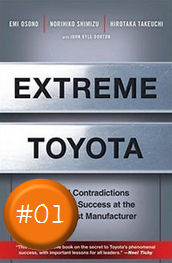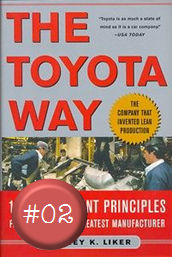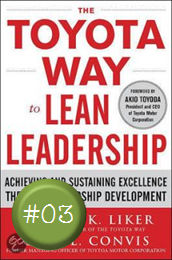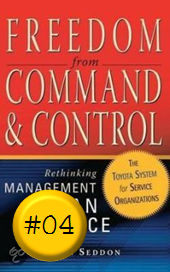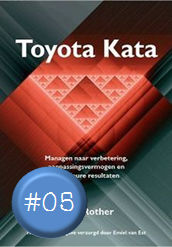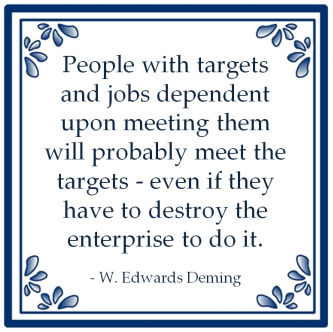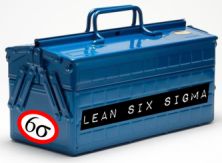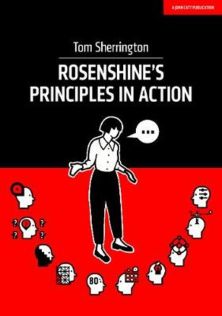
Bob Mosher en Conrad Gottfredson beschrijven in hun boek Innovative Performance Support - Strategies and Practices for Learning in the Workflow hoe ze binnen de Performance Support-methode processen in kaart brengen, de zgn. Rapid Tasks Analysis (RTA):
![]()
Fundamental to any Performance Support strategy is the identification of the performance task the strategy needs to support. In addition, since tasks don't stand alone but actually orchestrate into higher workflow processes, a solid strategy also requires the determination of those processes. Rapid Task Analysis (RTA) is an approach for accomplishing this.
Rapid task analysis has three fundamental objectives:
-
Identify the job-specific tasks.
-
Identify related concepts.
-
Organize the tasks and concepts into meaningful business processes.
Functional objective 1. Identify the Job-Specific Tasks
A task is a discrete set of steps that together achieve a specific outcome. ... During a rapid task analysis, you focus your efforts on identifying these tasks, not the steps.
Functional objective 2. Identify related concepts
Where task describe how to do something, concepts provide the understanding behind those tasks. A concept is information that describes, at a minimum, what something is (and sometimes what it isn't) and why it is important. In addition, a concept may address who is influenced by it, when it may do that influence, where the influencing takes place, and how often or how much. The only thing a concept doesn't adress is how to do something.
(...)
Functionel objective 3. Organize the task and concepts into meaningful business processes
Once you have identified all the tasks, you organize them into logical groupings called processes.
(...)
Rapid task analysis is not only helpful in developing your Performance Support strategy, it also provides you the scope and sequence for formal learning events. The RTA ouline can guide you throughout the development of all formal and informal learning solutions. Each process groupings contains a listing of concepts and tasks that should comprise a learning module. ... All in all, it is a fundamental practice that can bring continuity to all we do to support performers in all five of their moments of need.
(...)







